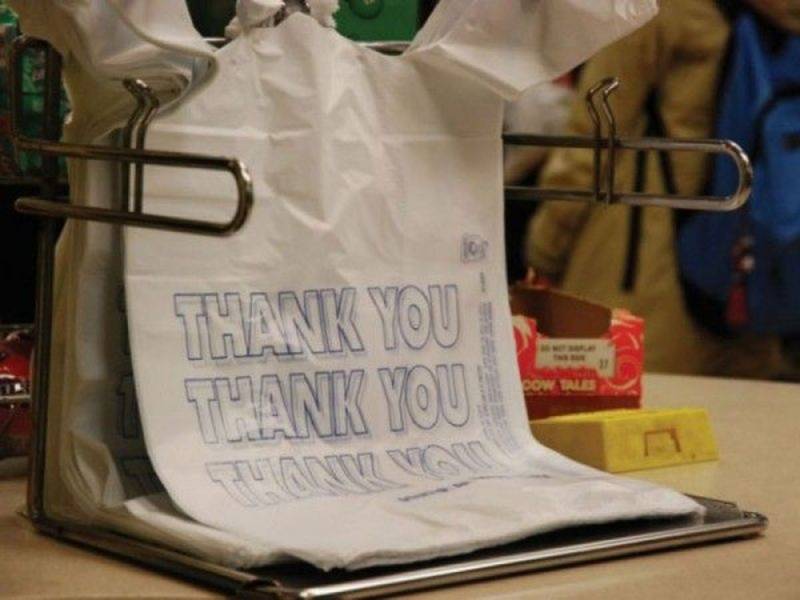5 Cent Bag Fee
February 2, 2018
In September of 2016, Suffolk County passed legislation to impose a 5-cent fee on plastic and paper bags. The fee went into effect January 1, 2018, under the pretext that it will greatly reduce the environmental impact of plastic bags. A Suffolk country press release said the following, “The purpose of this law is to encourage consumers to use their own reusable bags for shopping and to reduce the environmental impacts associated with single-use bags.”
Given the environmental benefits, the fee is a minor nuisance for most. For consumers who opt to remain using plastic bags, using 10 bags a week represents an annual cost of $26. A poll conducted by Patch.com indicated that prior to the ban being passed, over 60% of respondents were in favor of the measure. However, after the bill’s passage, approval for the ban dropped to about 25%, with 75% of voters now being against the ban.
Proponents of the fee in the legislature hope to reduce plastic bag use by 75% in the next three years. Robert Trotta, a Republican from Fort Salonga who voted against the measure, maintains that the bill won’t make much of an environmental difference at all. “If you really wanted to [prevent pollution of plastic bags,] ban it outright, [The bill] is going to do very little for the environment.”
So, what exactly is the environmental effect of the 5-cent bag fee? A 2014 study by Clemson University compared the environmental impact of plastic bags versus reusable bags. Researchers calculated that 7 reusable bags, which they assumed the customer would use for a year, are equivalent to 10 plastic bags a week, or 520 bags annually. After analyzing the manufacturing, shipping, and disposal of both plastic and reusable bags, the study concluded that the use of 520 plastic bags creates emissions equivalent to burning 13.43 pounds of coal. Similarly, the use of 520 plastic bags annually requires the same amount of fossil fuels as driving 53 miles. The effects are significantly less for reusable bags. 7 reusable bags annually generate emissions equal to burning 3.10 pounds of coal and require the same amount of fossil fuels as driving 8.39 miles. It is notable; however, that the “life cycle” of a reusable bag actually requires more water (10.02 gallons as opposed to 5.77 for a plastic bag).
The economic details of the fee are also worth consideration. Retailers spend $4 billion a year to pay for plastic bags. Consumers usually end up paying for this through the form of higher prices. Resorting to reusable bags is therefore economically efficient in addition to its environmental benefits. Many Suffolk County residents were surprised to find out that the profit from the fee stays in the supermarkets themselves. Stores that fail to impose the fee can face up to a $500 fine. Charlie Reichert, the owner of 5 IGA Markets in the Northport area, has chosen to donate the proceeds from the fee to Huntington Hospital.
The plastic bag fee is a significant step in the right direction toward achieving a clean and safe environment. Legislator William Spencer, who originally introduced the bill, said the following to his fellow legislators after the 2016 vote, “I’m asking you to be brave. Be bold. Stand with me. It’s something we should have done a long time ago.”
